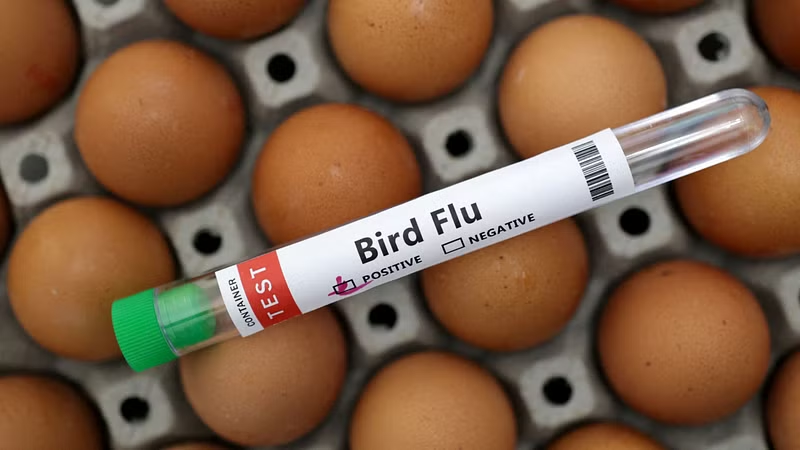Have we found a breakthrough in Post-Traumatic Stress Disorder treatment? A new study published in Nature Medicine has found that MDMA ( once a staple of rave culture ), in combination with psychotherapy, may be used to manage Post-Traumatic Stress Disorder symptoms.
This is not the first time drugs have been used in the treatment of mental health concerns. However, this is among the first few times the result seems promising. It is important to remember that the results of clinical studies need to be generalized for them to be truly effective and repeated over time.
What is MDMA?
MDMA is a synthetic drug that leads a person into an ecstatic dance. It is most commonly associated with a feeling of relaxation and is something that alters perception. In some cases, it has been reported to increase empathy, making an individual feel more connected to others.
Recently, MDMA has gained popularity and attention in psychedelic-assisted therapy for major mental health issues. However, it is mostly commonly used in the trials for PTSD.
What is MDMA therapy? Can it treat post-traumatic stress disorder?
MDMA plus psychotherapy can treat PTSD. While the findings are not generalized, and MDMA can’t be used to treat Post-Traumatic Stress Disorder outside clinical trials, it is indeed an interest of more research. Researchers are aiming for approval from the Food and Drug Administration (FDA).
The first line of treatment for PTSD is generally SSRIs and psychotherapy. Evidence-based, trauma-focused therapies such as Cognitive Behavioral Therapy and Exposure therapy are the most common approaches to treating trauma. However, not everyone responds well to these structured approaches.
The answer lies in the problem itself: all patients are unique, and mental health issues affect each and every one of us differently.
A lot of individuals from the study reported a reduction in their PTSD symptoms, and many could not be diagnosed anymore. This is a beacon of hope in the field of mental health research but should be seen from a critical point of view.
It must be noted that the use of MDMA for the treatment of Post-Traumatic Stress Disorder has been limited to clinical trials and is highly regulated. While trauma therapy is here to stay, alternative and non-conventional approaches are also coming up in the treatment of various mental health concerns.
Janvi Kapur is a counselor with a Master’s degree in applied psychology with a specialization in clinical psychology.
What do you think of this story? Tell us in the comments section below.
Edited by
Rachel Syiemlieh










